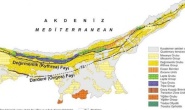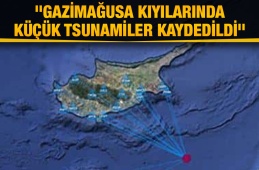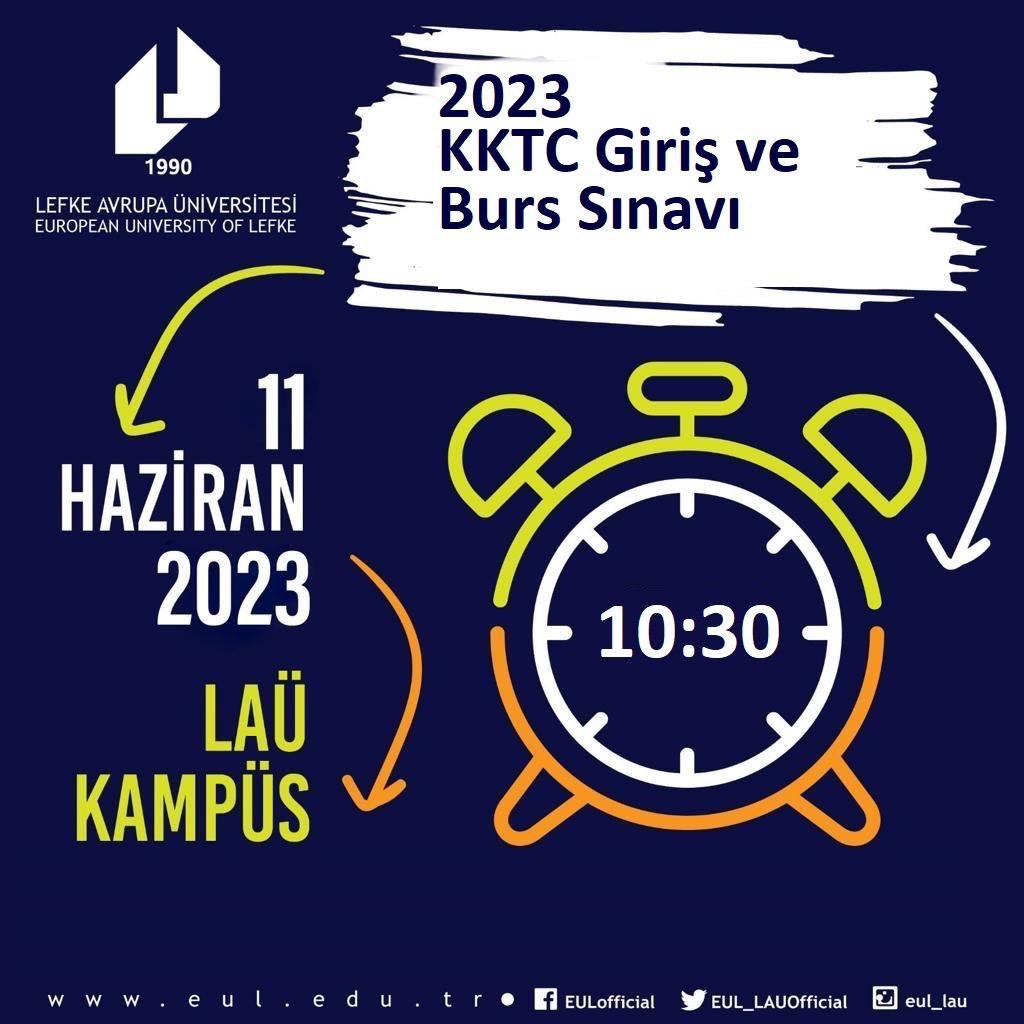Cyprus must adhere to EU law and stop violating the human rights of thousands of Turkish Cypriots seeking the republic’s citizenship, Akel MEP Niyazi Kizilyurek said in a statement on Wednesday.
Kizilyurek had in previous days requested an answer from EU Justice Commissioner Didier Reynders on the matter.
Reynders said in his response: “In accordance with the settled case law of the Court of Justice of the European Union, it is for each member state to determine the conditions for acquiring and losing its nationality, in accordance with international law. However, in cases governed by EU law, member states’ rules on nationality must also take due account of union law.”
Commenting further on the EU law, Kizilyurek stated that the right of nationality is defined both by international law and by European law, with the European Convention on Nationality.
In article 4 parts a, b, and c, it is clearly stated that “everyone has the right to a nationality, statelessness must be prevented, and no one may be arbitrarily deprived of his or her nationality.”
Meanwhile, article 5 states that the rules of law of the member states relating to nationality shall not include provisions or practices which discriminate on grounds of sex, religion, race, colour, national or ethnic origin.
Commenting on the matter to Yeni Duzen, presidential candidate Nikos Christodoulides failed to elaborate on ending the human rights violation.
“We will look into the situation. We need to see all the data we have,” he said.
In November a protest was held by Turkish Cypriots, who have children in mixed marriages or are children of mixed marriages.
Turkish Cypriot unions at the time said that states may not decide who a person marries, neither do people choose their parents.
Speaking about the numbers of affected children, teachers’ union representative Burak Mavis said that an optimistic estimate, [is that] 30,000 people are currently prevented from acquiring citizenship of the Republic of Cyprus.
“While these realities exist, the Greek Cypriot leadership sees the citizenship issue as political fodder and a bargaining tool which is not acceptable,” Mavis added.
In a 2002 law, it is stated that all children born to a Cypriot and a third country national that has illegally entered the country would be denied citizenship.
However, the government made the discrimination clear in a 2007 cabinet decision, where it is clearly stated children born from one Turkish parent will not be eligible for citizenship, while children, whose one parent is from another country, will be allowed to apply so long as one parent is Cypriot.
In a letter seen by the Cyprus Mail, one such applicant, who met the criteria found another hurdle, which is that their citizenship application would have to go before cabinet at the behest of the interior minister, who could decide when, and then the citizenship could be granted.
Women are most affected, as under the current law, to be eligible for Cypriot citizenship a woman, who is pregnant with a child of a mixed marriage, would have to go to a different country to give birth, as a birth in the north is unrecognised.















